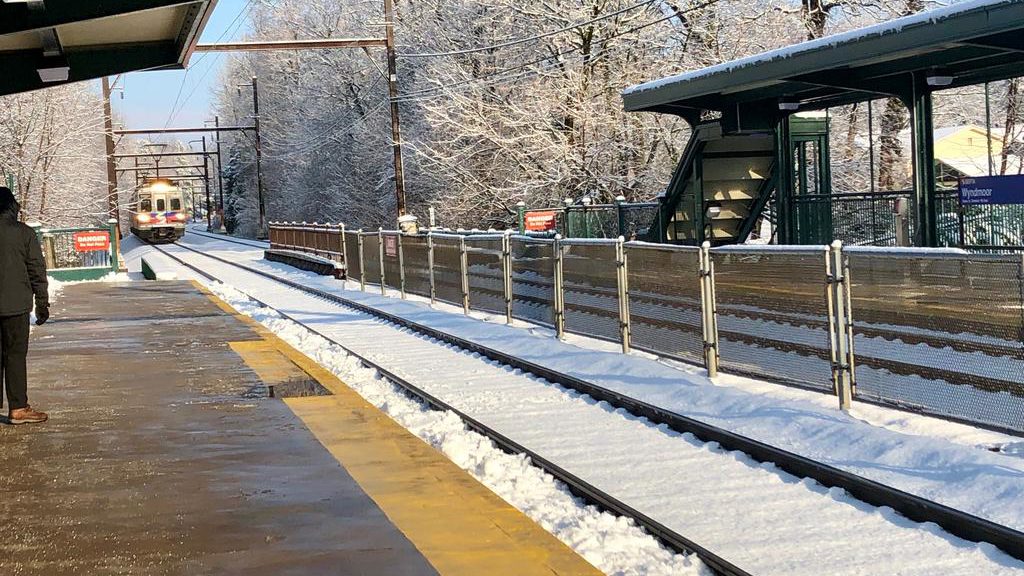Article originally published in the Philadelphia Business Journal on March 11, 2019
The Southeastern Pennsylvania Transportation Authority did not provide its regional rail commuters a great passenger experience last Monday, March 4, after the Philadelphia region experienced three to five inches of snowfall the previous evening. SEPTA assumed that commuters would elect to stay home rather than take the train to work, and therefore decided to run their rail system on a Saturday schedule with reduced train service.
As a rider on SEPTA’s Doylestown rail line who usually boards an early morning train at Ambler Station to center city Philadelphia, I checked the real-time schedule app on my iPhone and was disappointed to find that the first train departing Ambler would be at 7:01 a.m., followed by the next departure at 8:01 a.m. On a regular weekday schedule, four trains depart Ambler to Philadelphia before 6:57 a.m. and nine trains depart before 8 a.m., so capacity during the morning commute was significantly reduced. I chose to drive to center city Philadelphia that morning.
Many trains ran late and at full capacity, by-passing stations, leaving commuters waiting on station platforms in very cold weather, some having to wait up to an hour for the next train. SEPTA announced they were adding additional trains for the evening commute, but the system still lacked the needed capacity.
In a 3CBSPhilly news report headlined, “SEPTA faces bitter criticism for implementing Saturday schedule due to winter storm,” a SEPTA representative spoke in a matter-of-fact manner about running on a Saturday rather than a normal weekday schedule.
The snowfall did not deter people from going to work. One would have thought that SEPTA management would have anticipated that many commuters would opt to ride the regional rail system to their destination rather than drive and run a normal weekday schedule. SEPTA should have demonstrated that its regional rail system could meet the challenge and provide safe and reliable transportation, boosting its reputation. SEPTA missed an opportunity.
SEPTA has competition. People can elect to drive to work. Why doesn’t SEPTA have a competitive mindset? Is it because it’s a governmental agency, not held to similar customer experience standards by the marketplace as for-profit businesses?
SEPTA should want to demonstrate it excels in reliability even after a snow storm. It certainly failed to do so last Monday.
Stan Silverman is founder and CEO of Silverman Leadership. He is a speaker, advisor and nationally syndicated writer on leadership, entrepreneurship and corporate governance. Silverman earned a Bachelor of Science degree in chemical engineering and an MBA degree from Drexel University. He is also an alumnus of the Advanced Management Program at the Harvard Business School. He can be reached at Stan@SilvermanLeadership.com. Follow Silverman on LinkedIn here and on Twitter, @StanSilverman.

